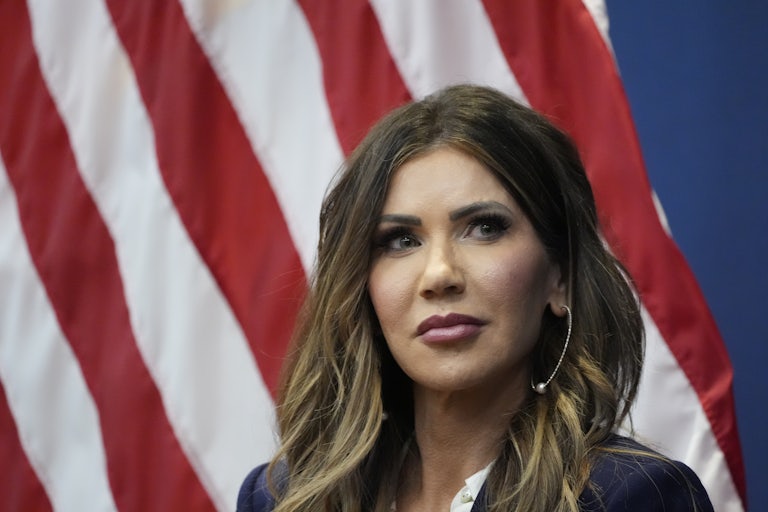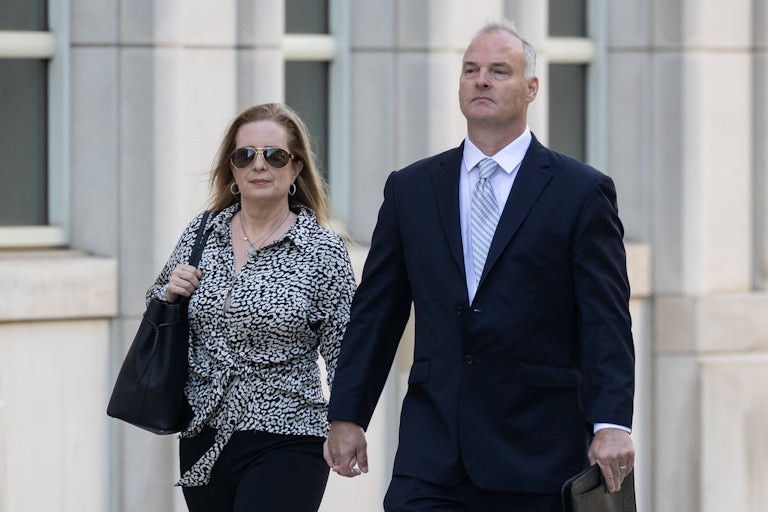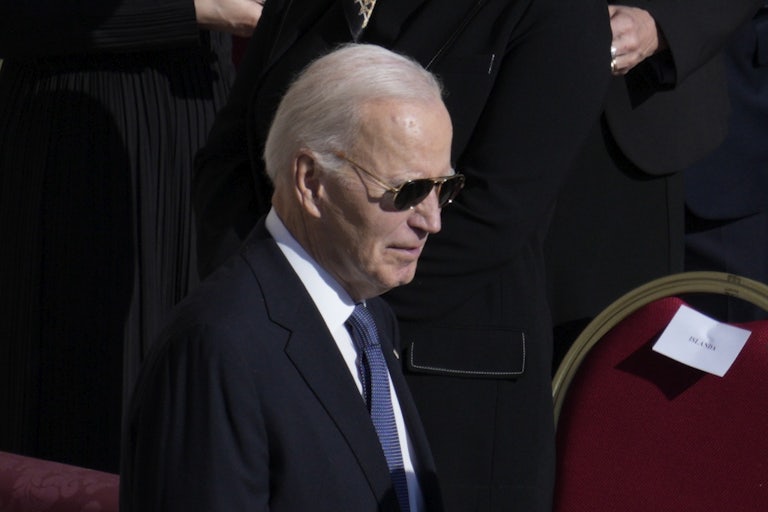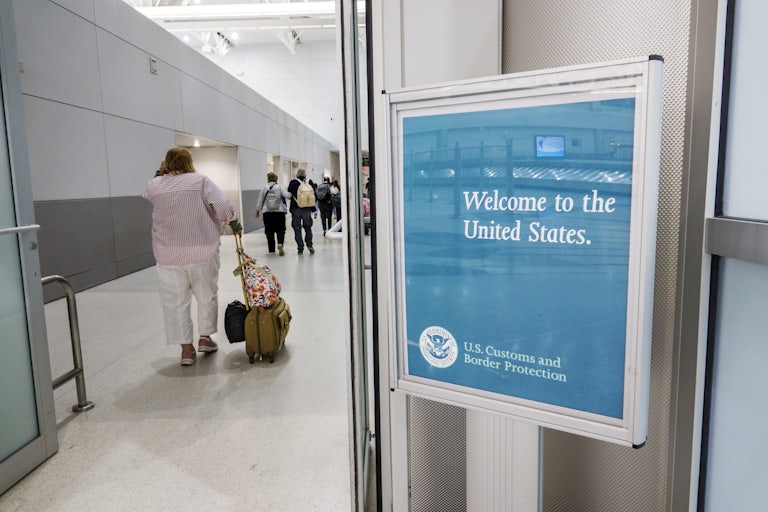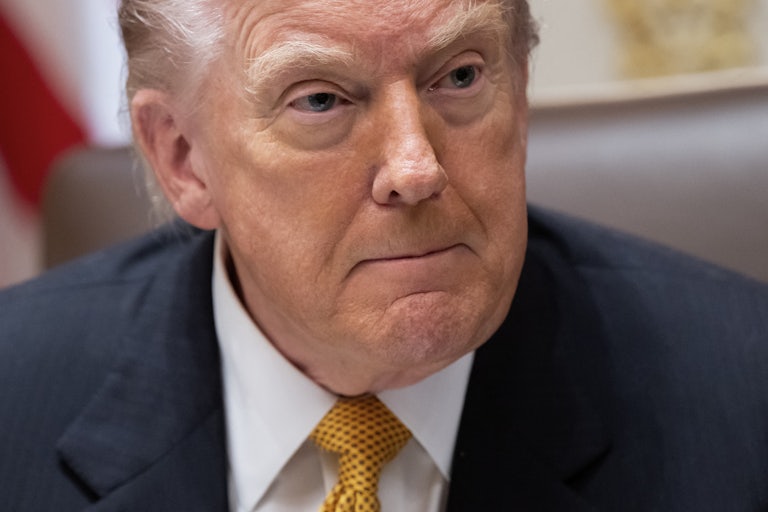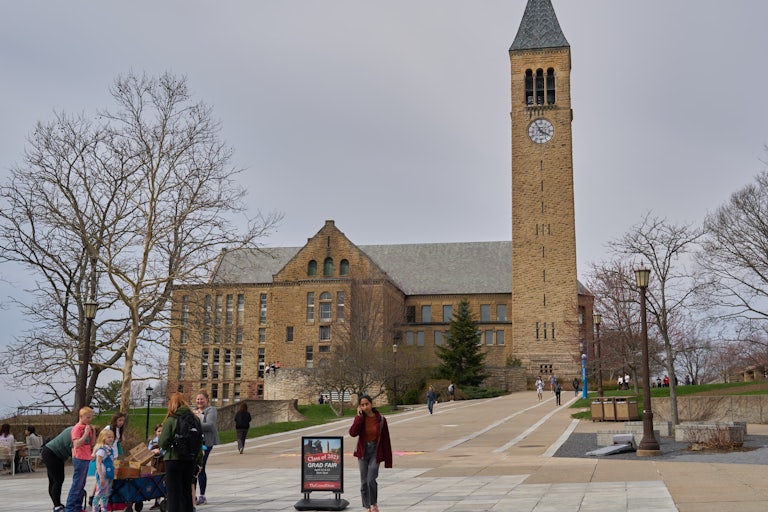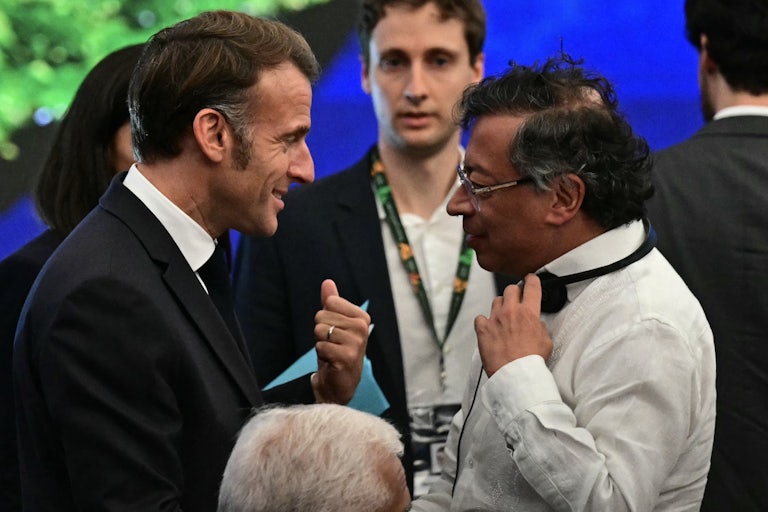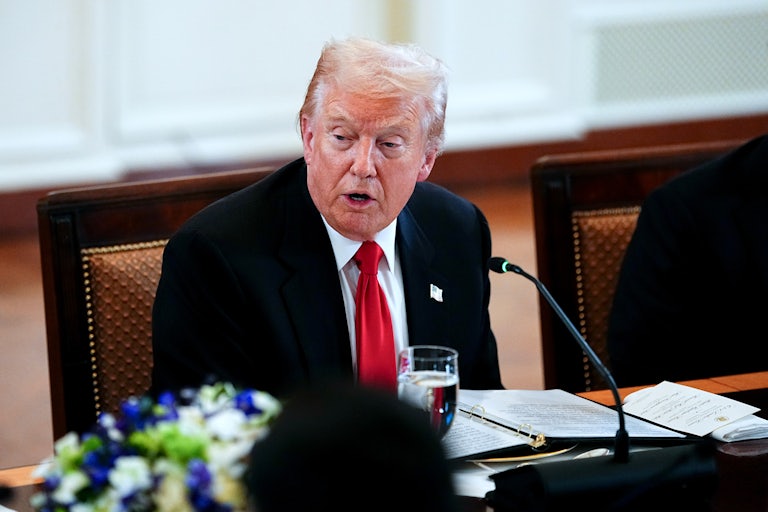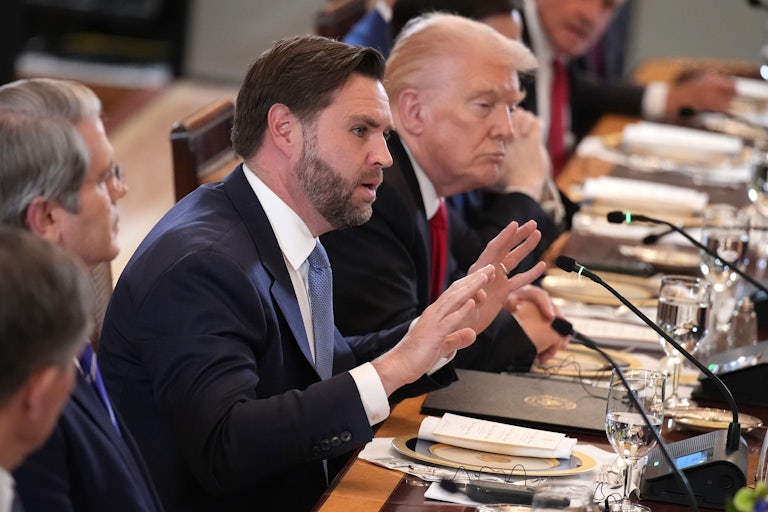The Detail That Could Undermine DOJ’s Main Argument in Comey Case
The Trump Justice Department’s case against James Comey is coming apart at the seams.
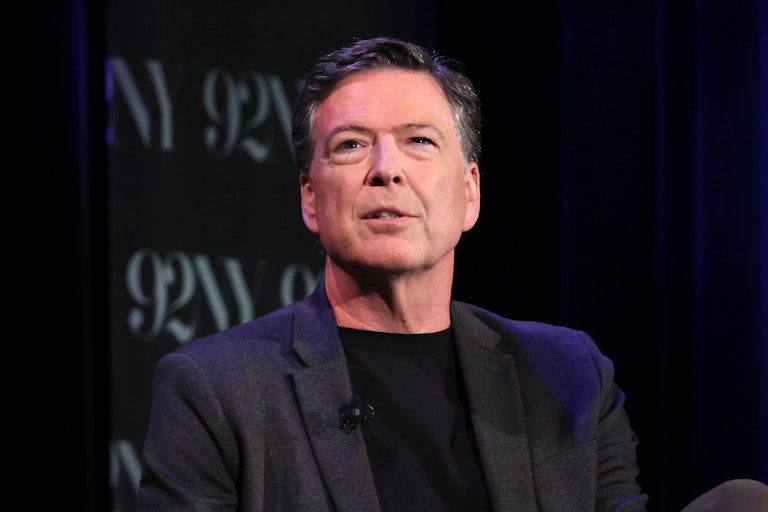
It appears there is yet another problem with the Department of Justice’s so-far-disastrous case against former FBI Director James Comey.
Prosecutors allege that Comey lied during his testimony before the Senate Judiciary Committee in 2020, when he denied that he had authorized someone “at the FBI” to serve as an anonymous source to news outlets about the bureau’s probe into Hillary Clinton.
That someone has been identified as attorney Dan Richman. But a closer look at a set of documents detailing Richman’s stint at the FBI showed that he wasn’t actually working there during any of the communications the government cited as leaks.
Lawfare reviewed a set of documents procured via a Freedom of Information Act request submitted by the right-wing rag the Daily Caller, which sought “all records, documents, and communications pertaining to Daniel Richman, a Special Government Employee hired by former FBI Director James Comey.” The documents produced by the government—though likely incomplete—paint a stunning alibi for Richman, the man at the center of one of the government’s flimsiest claims.
According to the documents, Richman’s first term working for the FBI was between June 30, 2015, and June 30, 2016. He served unpaid on a part-time to intermittent basis advising senior FBI leadership about a range of different issues, but specifically the use of encryption to evade law enforcement.
A request to reappoint Richman was not approved until December 2016. Government records indicate that he neglected to sign his reappointment papers. Included with the FOIA materials was one FBI official’s handwritten note stating: “Doc drawn up + sent to OGC for Richman signature. Never signed. Never officially reappointed after June 2016.”
However, internal FBI emails indicated that Richman may have served a second term anyway—but only for a short period of time, resigning on February 7, 2017.
All of the evidence prosecutors have cited to demonstrate that Comey instructed an FBI lackey—in this case Richman—to speak anonymously to the press took place outside of the periods when Richman was actually employed by the bureau.
In one filing, the DOJ referred to an email chain between Comey and Richman spanning from October 29 to November 2, 2016, after Richman’s first term had ended. The government also cited emails sent on February 11 and April 23, 2017, and text exchanges between May 11 and 17, 2017, both of which took place after Richman had resigned.
Lawfare noted that it was possible that Richman’s formal employment status may not matter so much to a jury, though in one of Comey’s pretrial motions to dismiss, lawyers for the former FBI chief said that senators had been vague in their original questions and that “at the FBI” could reasonably not include part-time contractors.
Not including this latest hiccup, the DOJ’s case against Comey has already started to unravel. One magistrate judge has demanded prosecutors stop pawing through Comey and Richman’s communications, concerned that some of the material interim U.S. Attorney Lindsey Halligan used to personally secure Comey’s two-count criminal indictment may have potentially been subject to attorney-client privilege.
Meanwhile, a federal judge is seeking a complete account of Halligan’s grand jury proceedings, after she only deigned to submit a partial one—indicating that the government’s case may be on even shakier footing than previously thought.
